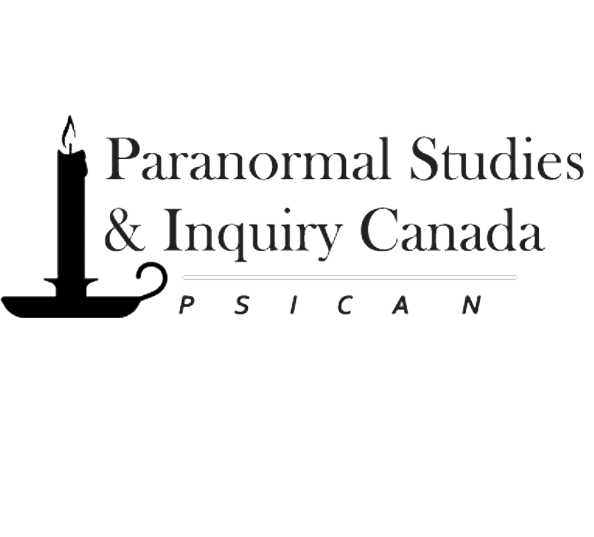Doctors and scientists say they will continue to monitor an Ontario woman who developed an Atlantic Canadian accent after suffering a stroke.
Karin Humphreys said she and her research team will return to visit Rosemarie Dore to record her voice and assess how her accent changes over time. Humphreys is a cognitive psychologist at McMaster University in Hamilton, Ont.
Two years ago Dore, went to the hospital suffering from many common signs of a stroke. She suffered partial paralysis and she had trouble speaking.
Therapy has helped her deal with many of the stroke's initial effects -- but what has remained is one of the stroke's strangest outcomes: it left her with a Newfoundland accent.
That wouldn't be out of the ordinary, if she was from the province. But the 50-year-old Windsor, Ont. woman told doctors she had never visited the region and didn't have relatives there.
She had no idea why her southern Ontario accent had suddenly transformed into one more at home in Atlantic Canada.
Doctors were intrigued when they realized Dore had one of the world's rarest medical conditions -- Foreign Accent Syndrome. There have only been 50 or 60 reported cases of the syndrome and Dore's is only the second such diagnosis in Canada, Humphreys said.
"We were very excited to hear about it," Humphreys said during an appearance on CTV Newsnet. "Colleagues at the Hamilton General Hospital called us and realized they had this very rare case on their hands."
The phenomenon is so rare that Dore's doctors decided to call in a team of specialists -- including Humphreys, medical doctors, and speech experts -- not only to help their patient but also to ensure researchers got the opportunity to learn more about the syndrome.
"Our first priority was to get language samples from her that we could acoustically analyze," Humphreys told CTV.ca.
Humphreys and her colleagues have published a study about the case in this month's Canadian Journal of Neurological Sciences.
Dore herself said that the doctors who treated her at the hospital just assumed she hailed from Newfoundland because they hadn't heard her speak prior to her stroke.
"I can remember it happened from the very first day," Dore told CTV News. "As soon as I had the stroke, my voice changed."
Humphreys said that the phenomenon usually occurs after a stroke in the left hemisphere of the brain. Scientists believe that the stroke damages a deep part of the brain known as the basal ganglia, which is involved in speech.
Humphreys said that because so many parts of the brain must work together very quickly to produce speech, just a little damage could produce a small change in speech patterns.
In many other cases, Humphreys said, English speakers will end up speaking with, for example, a Chinese accent -- even if they're not of Chinese origin.
Dore took the new regional twang in her voice in stride, noting a change in accent is not the worst possible outcome when it comes to the effects of a stroke.
"My voice changed. Big deal," Dore said. "At least I can still talk to my grandchildren."
Originally published by CTV in July 2008
FAIR USE NOTICE: This page contains material the use of which has not been specifically authorized by the copyright owner. The PSICAN website distributes this material without profit to those who have expressed a prior interest in receiving the included information for research and educational purposes only. No infringement intended. All images, texts, videos, or audio attachments are used assuming "Fair Use"/"Fair Dealing" and, if used here, may be removed at the request of the original copyright holder with limited notice.


